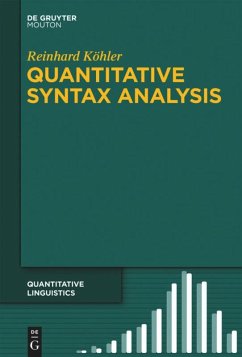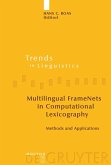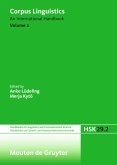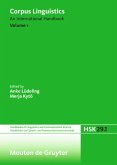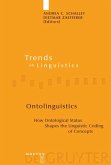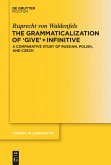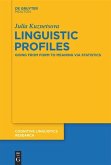This is the first book which brings together the fields of theoretical and empirical studies in syntax on the one hand and the methodology of quantitative linguistics on the other hand. The author provides the theoretical background for this enterprise on the basis of the philosophy of science and of linguistic considerations including a discussion of Chomsky's attitude against the application of statistical methods to syntactic phenomena. He gives a short introduction into the aims and methods of the quantitative approach to linguistics in general and to syntax in particular. The following chapters inform the reader about the measurement of syntactic properties, possibilities to acquire empirical data from syntactically annotated text corpora and the most common mathematical models and methods for the analysis of syntactic and syntagmatic material. Then, a number of prominent approaches and hypotheses about interrelations between properties of syntactic constructions are presented and evaluated on material from various languages and text kinds. Finally, the theory of synergetic linguistics and its application to syntax is introduced including the integration of such famous hypotheses as Yngve's depth hypothesis and Hawkins's "Early immediate constituent" principle.
The book concludes with a number of perspectives with respect to follow-up studies and extensions to the presented models with interfaces to neighbouring disciplines.
The book concludes with a number of perspectives with respect to follow-up studies and extensions to the presented models with interfaces to neighbouring disciplines.

